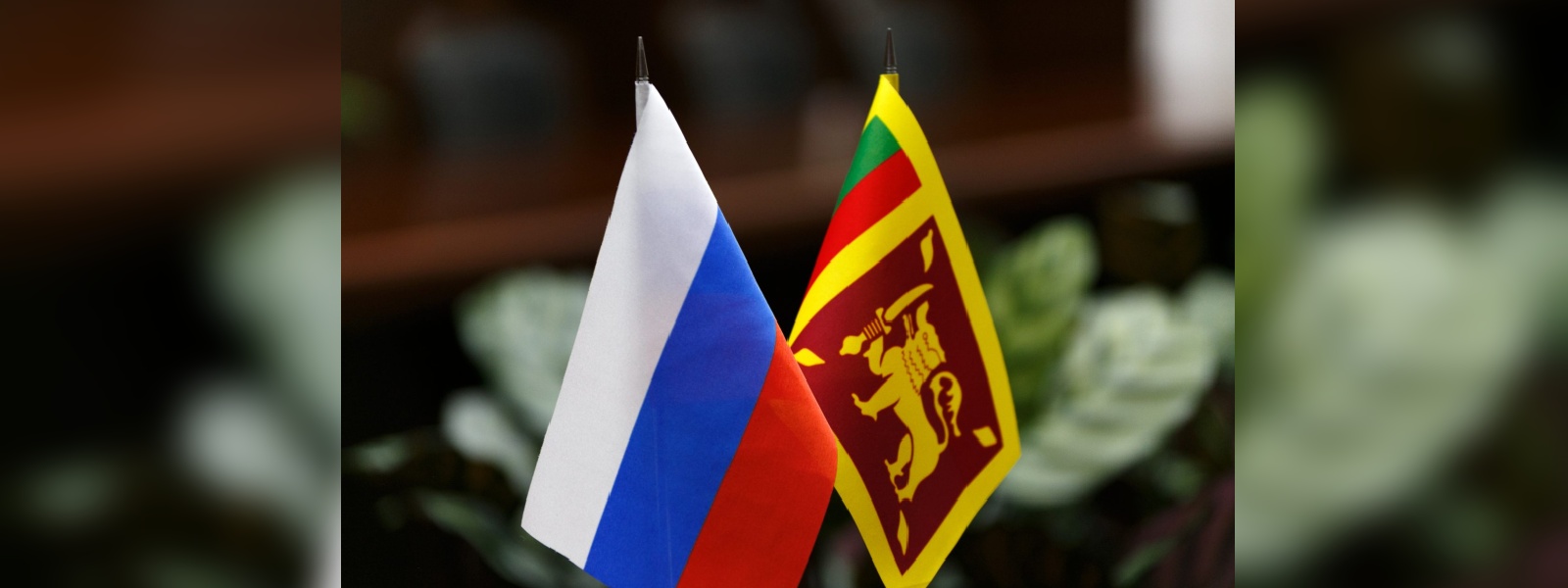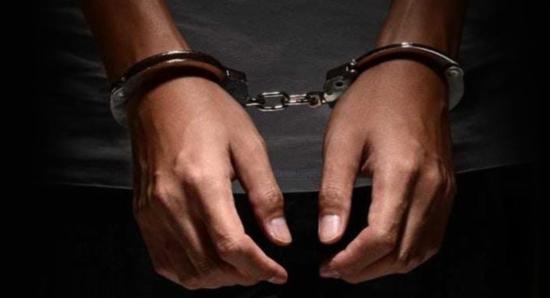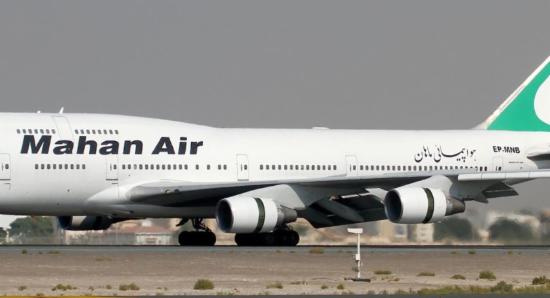.webp)

Sri Lanka & Russia commemorates 65 years since establishment of diplomatic relations
COLOMBO (News 1st); February 19 marks the 65th anniversary of the establishment of diplomatic relations between the Russian Federation and the Democratic Socialist Republic of Sri Lanka.
The Russian Embassy, while emphasizing that bilateral relations between the two countries have always been developing in an environment of friendship, mutual understanding, amiability, stated that they are based on equality, goodwill, and respect for each other’s interests.
Although the diplomatic relations between the Soviet Union and Ceylon were established in 1957, links between the two countries were existed long before the Sri Lankan Independence;
First mention of Ceylon is found in the 15th century's memoirs of Russian merchant and traveler Afanasiy Nikitin. In the 18th and the 19th centuries many Russian dignitaries, scientists, geographers, writers, and artists visited the Island. Most notable among them were the great playwright and short story writer Anton Chekhov, novelist and poet Ivan Bunin, and painter Vasiliy Vereshchagin. The Russian consulate in Sri Lanka was opened in Colombo at the end of the 19th century. In 1891 Russian Crown Prince, future Emperor Nikolai II himself, visited Ceylon and planted a tree in the Peradeniya Botanical Gardens.
In the late 1950s-1980s the Soviet Union and Sri Lanka developed close trade, economic cultural, scientific and technical cooperation. In 1958, the first bilateral agreement between the USSR and Ceylon, "On Development of Cultural Cooperation" was concluded. Moscow and Colombo signed agreements on opening air and sea travel routes. The Soviet Union assisted Sri Lanka in setting up a metallurgical plant in Oruwella, tyre-producing enterprise in Kelaniya as well as milling and house constructing plants.
Several mutual visits were undertaken by the delegations of the two countries which further expanded our ties. In December 1961 Yury Gagarin, first man in space, came to Ceylon during his world Peace Tour. In 1963 Prime Minister of Ceylon Sirimavo Bandaranaike became the first Sri Lankan leader to travel to the Soviet Union. She visited the USSR again in 1974. In April 1982 Minister of Foreign Affairs A.C.S.Hameed went on a working visit to the Soviet Union, marking the first-ever trip by a Sri Lankan chief diplomat to the USSR.
The Russian Federation, being the legal successor of the USSR, has continued developing and strengthening its bilateral relations and political dialogue with Sri Lanka.
In October 2009 Russian Foreign Minister Sergey Lavrov undertook a working visit to Colombo, first by a Russian chief diplomat, met with then President Mahinda Rajapaksa and held talks with Foreign Minister Rohitha Bogollagama.
The first working visit by a Sri Lankan President, Mahinda Rajapaksa, to Russia took place in 2010. Negotiations were held with then President of Russia Dmitry Medvedev. In 2011 the Sri Lankan leader participated in the St. Petersburg International Economic Forum.
In 2017 President of Sri Lanka Maithripala Sirisena was in Moscow on an official visit and met President of Russia Vladimir Putin and Prime Minister Dmitry Medvedev. In June 2019 Vladimir Putin and Maithripala Sirisena had a short meeting on the sidelines of the 5th summit of the Conference on Interaction and Confidence-Building Measures in Asia.
In January 2020 Sergey Lavrov paid a working visit to Colombo for the second time and held talks with President Gotabaya Rajapaksa, Prime Minister Mahinda Rajapaksa and Foreign Minister Dinesh Gunawardena.
In 2021 Russian-Sri Lankan relations continued to expand as Russia extended its full support to the Government of Sri Lanka during the 46th session of the UN Human Rights Council, made every effort to oppose the anti-Sri Lankan Resolution and voted against it.
Moreover, the Russian Sputnik V vaccine against coronavirus was approved in Sri Lanka under the emergency use authorization procedure and 335,000 doses of the first and second components were delivered to the island nation.
In April the revival meeting of the Sri Lanka – Russia Parliamentary Friendship Association took place at the Sri Lankan Parliament.
In October Russian Deputy Foreign Minister Igor Morgulov and Sri Lankan Foreign Secretary Jayanath Colombage held another round of Russian-Sri Lankan political consultation in Moscow on bilateral, regional and international issues.
In November Secretary of the Security Council of the Russian Federation Nikolai Patrushev visited Colombo, met with President Gotabaya Rajapaksa, and held consultations on security issues with Defence Secreatry Kamal Gunaratne.
In December the Russian Government took a decision to transfer $5.5 million to World Food Programme to finance the development of sustainable school feeding projects in Sri Lanka.
Russia is an important trading partner of Sri Lanka and one of the main importers of Ceylon tea. Despite the COVID-19 situation the volume of bilateral trade has not dropped significantly and the import from Sri Lanka increased by over 10%. The Russian-Sri Lankan Intergovernmental Commission for Trade, Economic, Scientific and Technical Cooperation effectively contributes to the strengthening of bilateral business ties. Its next meeting is planned to take place in Colombo this April.
The number of Russian tourists visiting Sri Lanka increased after direct flights between Moscow and Colombo were resumed in July 2021. Since the start of 2022, Russia is the leader of tourist arrivals to the Island.
Thousands of Sri Lankan citizens have got higher education in Russia and USSR throughout the last six decades, many becoming high ranking officials, prominent businessmen and top-level specialists in various fields.
The time-tested nature of the close Russian–Sri Lankan relations and their current status serve as an indicator that the bilateral political ties, the Embassy states, as the mutually beneficial cooperation in the trade, economic, educational and tourist spheres, as well as people-to-people contacts are expected to grow and intensify in the future.
Other Articles
Featured News





.png )

-754424_550x300.jpg)
-754417_550x300.jpg)
-754411_550x300.jpg)

-741381_850x460-754387_550x300.jpg)



-754083_550x300.jpg)
















.gif)